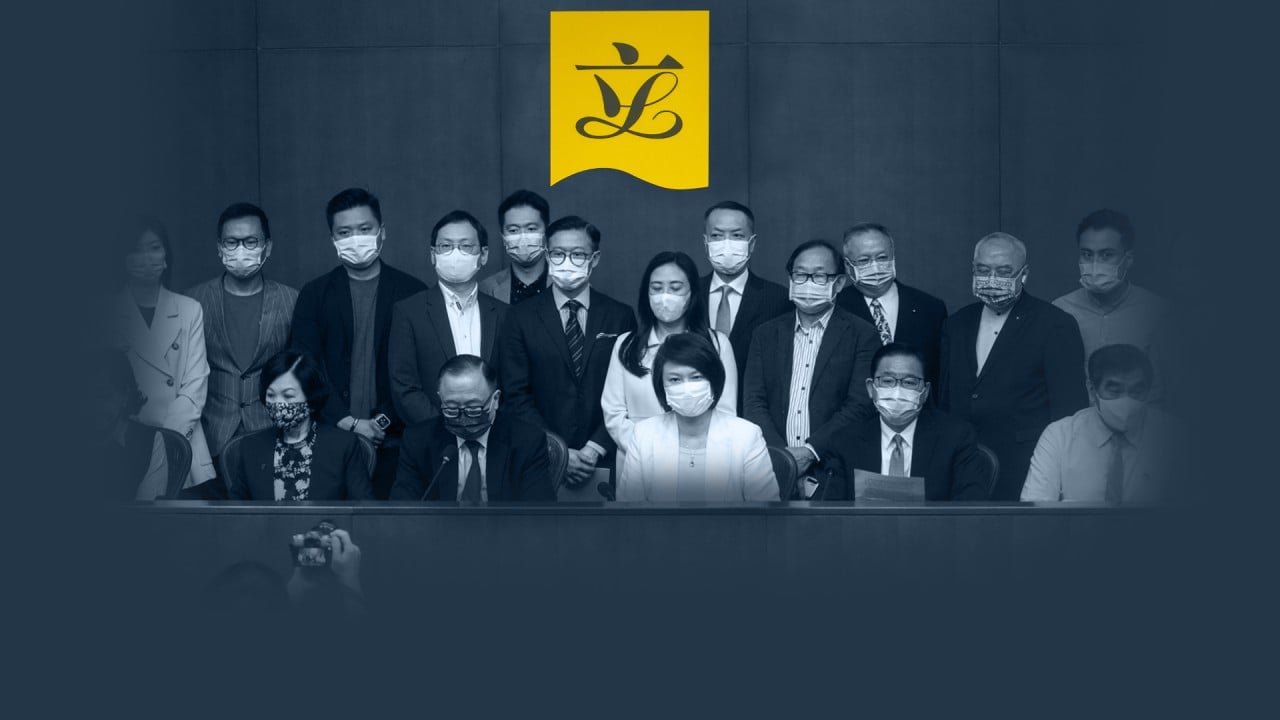
Acting as CEOs, Hong Kong’s district council heads can begin new chapter in public service
- Under the district council revamp, district officers will see their role expanded from public liaison to executive duties
- Assured of competent district councillors to work with, these officers must live up to public expectations of better service
In an interview, Lee said that district officers are the most knowledgeable about their respective districts, and most suitable for the job. This is, I believe, a strong message from the chief executive: as district council chairmen, district officers are expected to take district management to new heights.
We can also ignore the voices opposing the revamp of district councils from overseas, including those who are fugitives in connection with the insurrection. As Xia Baolong, director of the State Council’s Hong Kong and Macau Affairs Office, once warned, Hong Kong society must be on the alert for overseas subversive forces.
Meanwhile, the public may have high expectations that the revamped district councils will provide much better service. To my mind, the most critical aspect of the district council revamp is letting district officers chair the councils.
In the past, the role of the district officer was principally public liaison: acting as the eyes and ears of the government, taking the public’s pulse on government policy and assisting in the administration of districts. These officers had limited executive powers, with district offices largely serving as public inquiry centres.

But the current change in essence makes the district officer the CEO of the district, in charge not only of the district council, but also of the three district committees, namely the Area Committee, District Fight Crime Committee and District Fire Safety Committee, as well as the newly formed community care teams.
In future, district officers will be expected to perform all the functions of chief executives in district management, including strategic planning, deliberating with stakeholders, implementing agreed plans and conducting reviews of their effectiveness with a view to further improvement. District officers should be expected to tackle all the deep-rooted problems at the district level, such as those related to hygiene, the environment, recreation and traffic congestion.
How the attempt to empower district councils came to naught
In the event that a district council member fails to fulfil their responsibility, as many did in the old district councils, under a new performance monitoring mechanism, the chairman can initiate an investigation of an underperforming district councillor that will be conducted by a supervisory committee and the councillor will be dealt with according to the outcome of the inquiry.
In future, the district officer will have the enhanced responsibility of overseeing and coordinating the work of government departments that most directly impacts local residents. If the district officer encounters any difficulties in getting adequate support from other government departments in district affairs, they can refer the matter to the high-level Steering Committee on District Governance to be chaired by the chief secretary for administration, or the District Matters Co-ordination Task Force chaired by the deputy chief secretary for administration, to ensure effective coordination.
One key past function of the district councillors was to handle public complaints at the district level and offer assistance to needy residents. There should be a streamlining of the complaint handling structure in the district, and better coordination among the district office, the councils and the three committees.
In addition, district officers should play a more active role in communicating with the public. Perhaps they could take turns to be guest hosts of morning and evening phone-in programmes on RTHK, making direct contact with members of the public on district matters. To take advantage of social media, each district should set up a district news channel to better communicate with the public on district affairs.
Given the importance of the district officer’s new role, the title of the position should be changed to district commissioner. The role should now be an essential post for the career development purposes of all administrative officers, whose promotion prospects would depend on how effectively they did their job as CEO of a district.
In conclusion, we can look forward to revitalised district councils, which will be filled with able and committed people with Hong Kong’s best interests at heart, ready to embark on a new chapter in public service and to substantially increase care and attention to livelihood matters in all municipalities.
Tony Kwok is an adjunct professor at HKU Space and a justice of the peace


